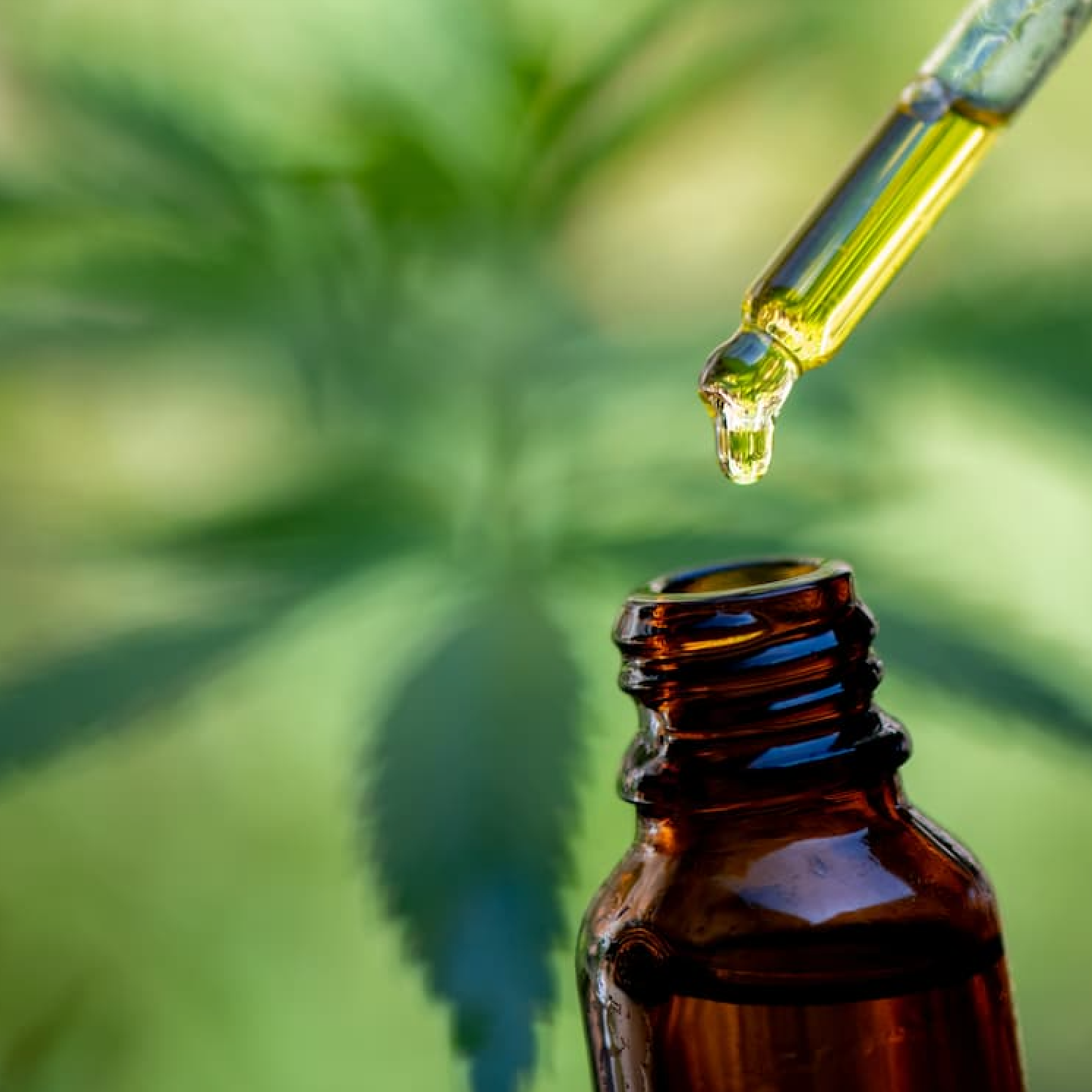Is Daily CBD Use Safe for Your Liver?
A new study found that daily CBD use at consumer-level doses may cause elevated liver enzymes in some healthy adults.
By
Lana Pine
| Published on July 8, 2025
4 min read
Credit: Adobe Stock/EKKAPON

Cannabidiol (CBD) has become extremely popular in recent years, with many people using it for everything from stress relief to sleep support. But is daily CBD use actually safe for your body — especially your liver and hormones? A team of investigators aimed to find out.
The study enrolled 201 healthy adults between January and August 2024 who took either a twice-daily CBD dose similar to what many people buy over the counter (5 milligrams per kilogram of body weight per day, or mg/kg/d) or a placebo (inactive substance) for 28 days. The goal was to understand whether these consumer-level doses — much lower than those used in prescription CBD products — could still affect the body.
The team, led by Jeffry Florian, Ph.D., associate director in the U.S. Food and Drug Administration (FDA) Office of Clinical Pharmacology (OCP), chose to use the only CBD product approved by the FDA (Epidiolex) to avoid any confounding effects from potential contaminants found in unregulated products.
Even in the approved CBD dose of up to 25 mg/kg/d, previous research has shown an increased risk of liver enzyme level elevation — which was dose dependent. However, limited and inconsistent safety information coupled with consumer self-reporting indicating usage of upward of 200 mg daily underline the importance of examining this connection more closely.
“This clinical trial is part of the FDA efforts to understand the safety of CBD products and inform discussions about safeguards and oversight to manage and minimize risks with CBD products,” wrote Florian. “These findings may have important implications for consumers who may otherwise be unaware of potential safety risks.”
Liver Enzyme Elevation Found in Some Participants
The study found that 5.6% of participants taking CBD developed elevated liver enzymes greater than three times the upper limit of normal — a possible sign of liver inflammation or damage. No participants in the placebo group showed these elevations. While these numbers are relatively small, they raise concern because liver enzyme increases can be a warning sign of stress or injury to the liver. In fact, seven people had to stop the trial early due to potential liver-related side effects detected at day 21 and day 28.
Hormones Remained Stable
The good news: When it came to endocrine (hormone) levels, such as thyroid and reproductive hormones, no significant differences were found between the CBD group and the placebo group. This suggests that short-term CBD use at consumer doses may not disrupt hormone balance in otherwise healthy adults.
The team recommends more long-term studies to better understand how CBD may affect people over time — especially among those with existing liver issues or other health conditions.
Investigators noted some important limitations to consider. This study tested CBD doses at the higher end of what consumers typically use, given twice daily for one month. While the findings suggest a small risk of liver enzyme elevations, this risk might be lower with smaller or less frequent doses, which is how many people actually use CBD. The study did not include older adults — a group that often uses CBD for pain or sleep — so results may not apply to them.
Because participants were generally healthy and not taking other medications, the findings may underestimate liver risk in the broader population. Also, since CBD was stopped when liver enzymes rose, it’s unclear whether those effects would have worsened or resolved on their own with continued use. Still, the study’s design and placebo group support that the liver changes were likely due to CBD.
“The incidence of elevated alanine aminotransferase or aspartate aminotransferase, with a notably higher prevalence among female participants, coupled with the finding of increased eosinophilia, underscores the need for further investigation on the long-term effects of CBD use, its impact on various populations and the safety of lower doses commonly used by consumers,” investigators concluded.

